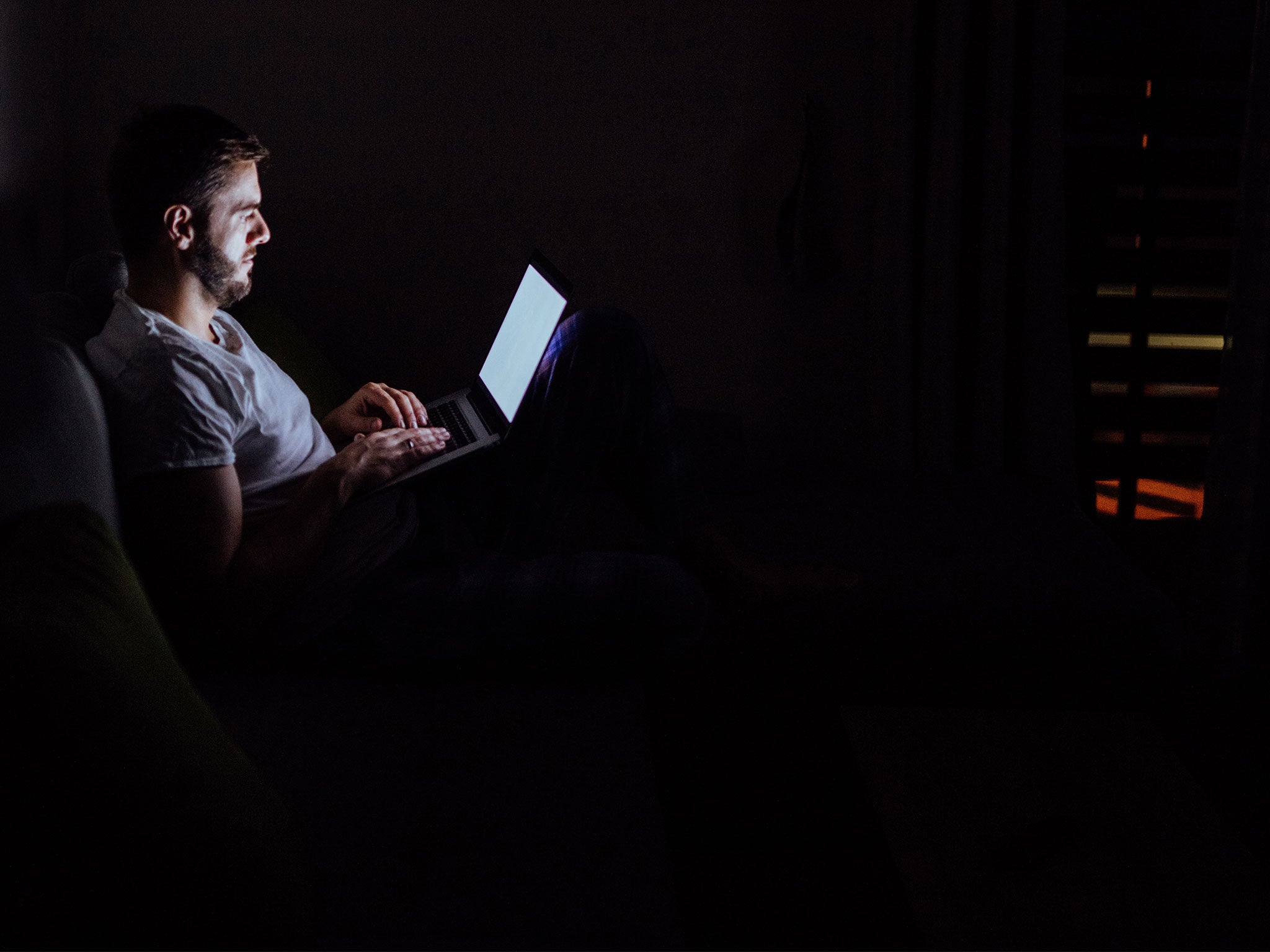One in five Britons feel 'more comfortable' interacting with people online, study claims
Study shows people with pets have easier time socialising in person

Your support helps us to tell the story
From reproductive rights to climate change to Big Tech, The Independent is on the ground when the story is developing. Whether it's investigating the financials of Elon Musk's pro-Trump PAC or producing our latest documentary, 'The A Word', which shines a light on the American women fighting for reproductive rights, we know how important it is to parse out the facts from the messaging.
At such a critical moment in US history, we need reporters on the ground. Your donation allows us to keep sending journalists to speak to both sides of the story.
The Independent is trusted by Americans across the entire political spectrum. And unlike many other quality news outlets, we choose not to lock Americans out of our reporting and analysis with paywalls. We believe quality journalism should be available to everyone, paid for by those who can afford it.
Your support makes all the difference.One in five Britons feel 'more comfortable' interacting with people in cyberspace than they do on a face-to-face level, new research claims.
The detailed study discovered a large percentage of those who were polled have become so accustomed online communication via tablets, PCs and smart phones, that they now consider traditional first-hand socialising to be a ‘challenge’.
A third of those who took part said they fretted about what to say and worried about making an embarrassing faux pas.
Others confirmed they would rather converse with friends over the Internet because they felt ‘less intimidating’ to do so.
Further to this, 33 per cent feel nervous when meeting people in person for the first time and four in 10 experience pangs of worry at the mere thought of going out with their own friends.
These worrying revelations may partly explain why half of those polled admitted to feeling lonely and disconnected from wider society.
The statistics emerged following research into social anxiety and the impact pets can have on reducing symptoms associated with this condition and other effects such as low self-esteem, panic attacks and the avoidance of social activities.
Commissioned by Mars Petcare UK, the research of 2,000 adults found 54 per cent of pet owners who took part in the study found socialising “easier” upon getting an animal.
The study was carried out by the pet product manufacturer to launch its “Thank You Pets” campaign and to celebrate National Pet Day, which takes place on Thursday.
It found nine in 10 people reported feeling less lonely and two thirds experienced a new sense of purpose in life.
In fact, almost 50 per cent said their feeling of loneliness had started to fade within days of getting a cat or dog.
Corinne Sweet, humanistic psychotherapist and author, said: “Building a relationship with a pet is a major step towards breaking down feelings of isolation, loneliness and anxiety.
“People confide in their pets; calm down by stroking and grooming them and get exercise by taking them for walks - even a trip to the vet is a way of getting out and meeting new people.
“Pets can welcome you home, give you physical and emotional contact, and make you feel important.
“They can help with heartbreak, illness and separation, and be a family ‘hub’ when times are tough.
“On an ‘evolutionary psychological’ level humans have always interacted and co-existed with animals, so it is a symbiotic relationship with deep emotional roots.”
Those polled said they typically feel anxious around five times a week.
However, according to those who already have a pet, getting a cat or a dog could reduce these anxieties amongst those without a four-legged friend.
More than half of those who don’t have a pet admit they would like to get one in the future.
But the Mars Petcare UK research carried out through OnePoll found there are a number of barriers to this.
The biggest ones include leading a lifestyle, which isn’t conducive to having an animal, such as working long hours and not having a big enough home.
Deri Watkins, general manager of Mars Petcare UK, said: “We know that when people bring pets into their lives, there are proven benefits to general well-being, mental health and social cohesion.
“The vast range of positives that pets bring is something that we want to celebrate this National Pet Day by saying thank you to all pets.
“Everyone deserves the right to enjoy the benefits that pets bring to our lives.''
SWNS
Join our commenting forum
Join thought-provoking conversations, follow other Independent readers and see their replies
Comments